Sweat Solutions: Powerful Tips to Stay Fresh Daily
Hygiene Tips for People Who Sweat a Lot
Sweating is a natural part of life. It helps regulate your body temperature and remove toxins. But for some people, sweating can feel like a constant struggle. Whether it’s due to hot weather, exercise, stress, or a medical condition like hyperhidrosis, dealing with excess sweat can be uncomfortable and even embarrassing.
The good news? With the right hygiene habits, you can feel fresh, stay clean, and gain confidence. This article offers easy-to-follow tips for managing sweat and staying on top of your hygiene.
1. Shower Regularly (and the Right Way)
If you sweat a lot, one shower a day might not be enough. Consider showering twice a day—especially after activities that cause you to sweat more, like exercise or walking outside in the heat.
Tips for effective showers:
-
Use an antibacterial soap to kill odor-causing bacteria.
-
Focus on sweat-prone areas: armpits, groin, feet, and under the breasts.
-
Dry off completely, especially in body folds, to avoid moisture buildup that can lead to rashes or fungal infections.
2. Use the Right Antiperspirant or Deodorant
Many people don’t know there’s a difference between deodorants and antiperspirants.
-
Deodorants help control odor.
-
Antiperspirants block sweat glands to reduce sweating.
If you sweat a lot, an antiperspirant is your best bet. Look for one with aluminum chloride, a powerful ingredient that helps plug sweat glands. For stronger control, try clinical-strength or prescription options.
How to use it effectively:
-
Apply at night before bed when your sweat glands are less active.
-
Reapply in the morning for extra protection.
3. Wear Breathable Clothes
Your clothing plays a big role in how much you sweat—and how noticeable it is.
Best choices:
-
Loose-fitting clothes allow air to circulate.
-
Natural fabrics like cotton, bamboo, and linen absorb sweat and allow your skin to breathe.
-
Athletic wear with moisture-wicking technology pulls sweat away from the skin and keeps you dry.
Avoid tight, synthetic fabrics like polyester or nylon, especially in warm weather.
4. Keep Spare Clothes Handy
If you sweat heavily, it’s a smart idea to keep a backup outfit with you—especially when you’re out for the day, going to work, or heading to an event.
You don’t have to change everything—sometimes just a fresh shirt, socks, or underwear can make a huge difference.
Also, carrying:
-
Travel-sized deodorant
-
Body wipes or baby wipes
-
A small towel or sweat cloth
These can help you freshen up quickly when needed.
5. Manage Foot Sweat and Odor
Feet are full of sweat glands, and if they’re trapped in shoes all day, it can lead to odor, fungus, and discomfort.
Good foot hygiene includes:
-
Washing your feet daily and drying them well (especially between toes).
-
Wearing clean, breathable socks (change them more than once a day if needed).
-
Using foot powder or antifungal spray if you’re prone to athlete’s foot.
-
Giving your shoes time to air out between wears.
-
Choosing open-toed or breathable footwear when possible.
6. Stay Hydrated
It may sound strange, but drinking water helps regulate your body temperature and can reduce the amount you sweat.
When you’re dehydrated, your body can overheat more easily, which triggers more sweating. Staying hydrated keeps your internal cooling system running smoothly.
Aim for at least 8 cups of water a day, more if you’re active or in hot weather.
7. Watch Your Diet
What you eat affects how much you sweat—and how it smells.
Foods that may increase sweating:
-
Spicy foods
-
Caffeine
-
Alcohol
-
Garlic and onions (can cause body odor)
Foods that can help:
-
Water-rich foods like cucumbers, watermelon, and celery
-
Calcium-rich foods (calcium can help regulate body temperature)
-
Green tea (contains natural astringents)
It might take some trial and error, but keeping track of what you eat can help you identify triggers.
8. Try Natural Remedies (With Caution)
Some people find relief from sweating using natural remedies. These aren’t guaranteed, but they might be worth a try.
Popular options:
-
Witch hazel: A natural astringent. Apply with a cotton pad to underarms or feet.
-
Apple cider vinegar: Can help balance skin pH. Apply at night and wash off in the morning.
-
Tea tree oil: Has antibacterial properties. Dilute before using to avoid skin irritation.
Always do a patch test before trying anything new and consult with a dermatologist if unsure.
9. Take Care of Your Laundry
Clothes worn during heavy sweating need proper washing to prevent lingering odor.
Tips for fresh laundry:
-
Don’t let sweaty clothes sit in a pile—wash them as soon as you can.
-
Use a good detergent with odor-fighting power.
-
Add white vinegar or baking soda to your wash for an extra freshness boost.
-
Air-dry clothes in the sun when possible—sunlight can naturally kill bacteria.
10. Practice Stress Management
Stress and anxiety can trigger sweating, especially in the palms, feet, and underarms.
Ways to manage stress:
-
Deep breathing or meditation
-
Regular exercise
-
Talking to a therapist or counselor
-
Getting enough sleep
You might not stop stress-sweating completely, but reducing your stress levels can help keep it under control.
11. See a Doctor if It’s Affecting Your Life
If excessive sweating is making you feel anxious, embarrassed, or uncomfortable in daily life, it’s worth talking to a healthcare provider. You could have a condition called hyperhidrosis, which causes excessive sweating unrelated to heat or exercise.
Doctors can offer treatments like:
-
Prescription-strength antiperspirants
-
Medications that block sweat signals
-
Botox injections to stop sweating in specific areas
-
Iontophoresis (a treatment for hands/feet)
-
In rare cases, surgery
You don’t have to suffer in silence—help is available.
Final Thoughts
Sweating is natural, but excessive sweat can feel like a challenge. With the right hygiene routine, you can stay fresh, clean, and confident throughout the day. Small habits like using the right products, wearing breathable clothes, and managing stress can make a big difference.
And remember—you’re not alone. Many people deal with heavy sweating, and it’s nothing to be ashamed of. Your body is doing its job—now you just have the tools to handle it better. Additionally, for a deeper dive into self-care, mindfulness, and personal growth, explore resources available at venzec.icu. These in-depth articles and guides provide a comprehensive look at how small changes can lead to significant improvements in your overall well-being.

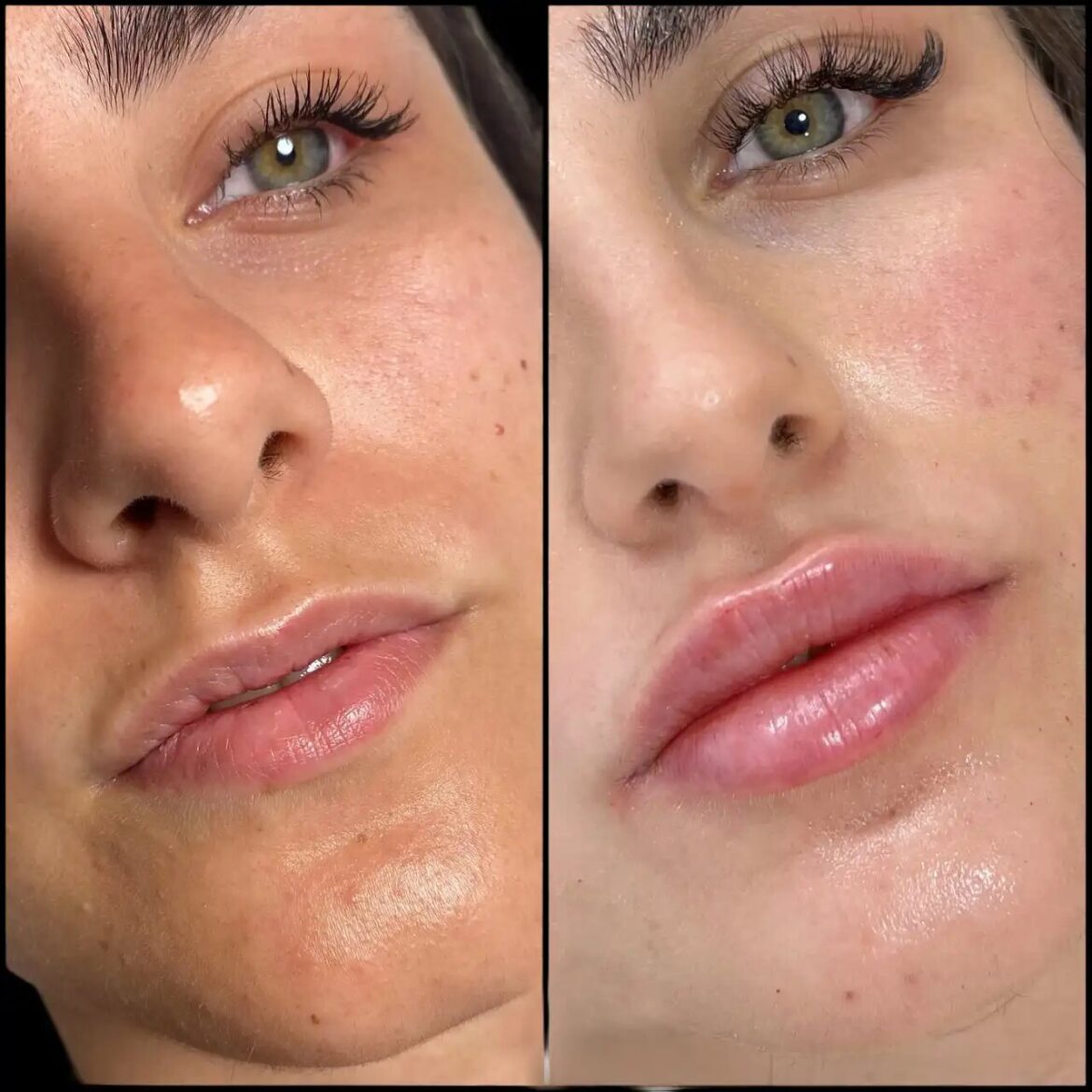
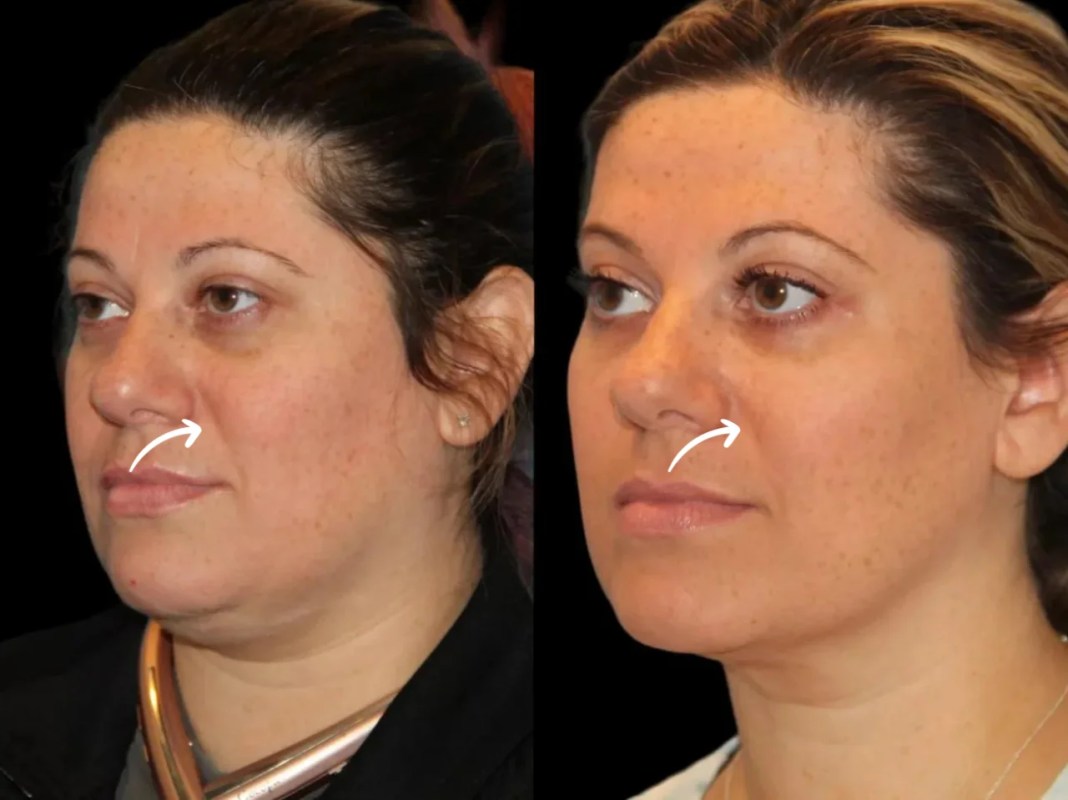

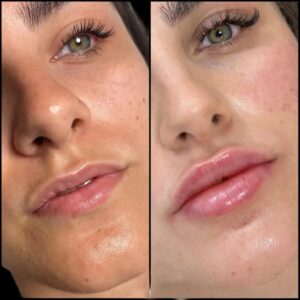
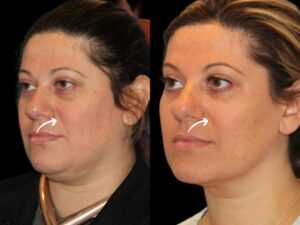
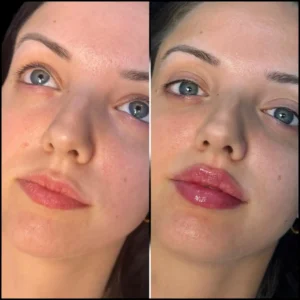
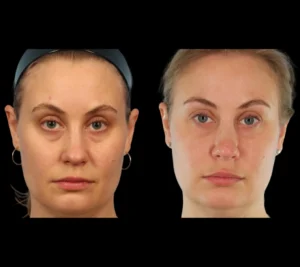
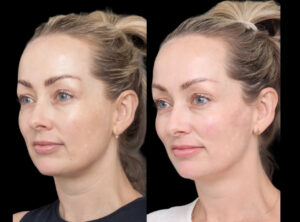



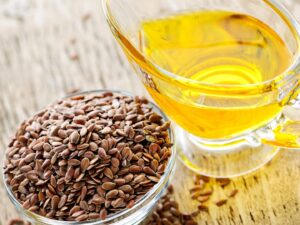
Post Comment